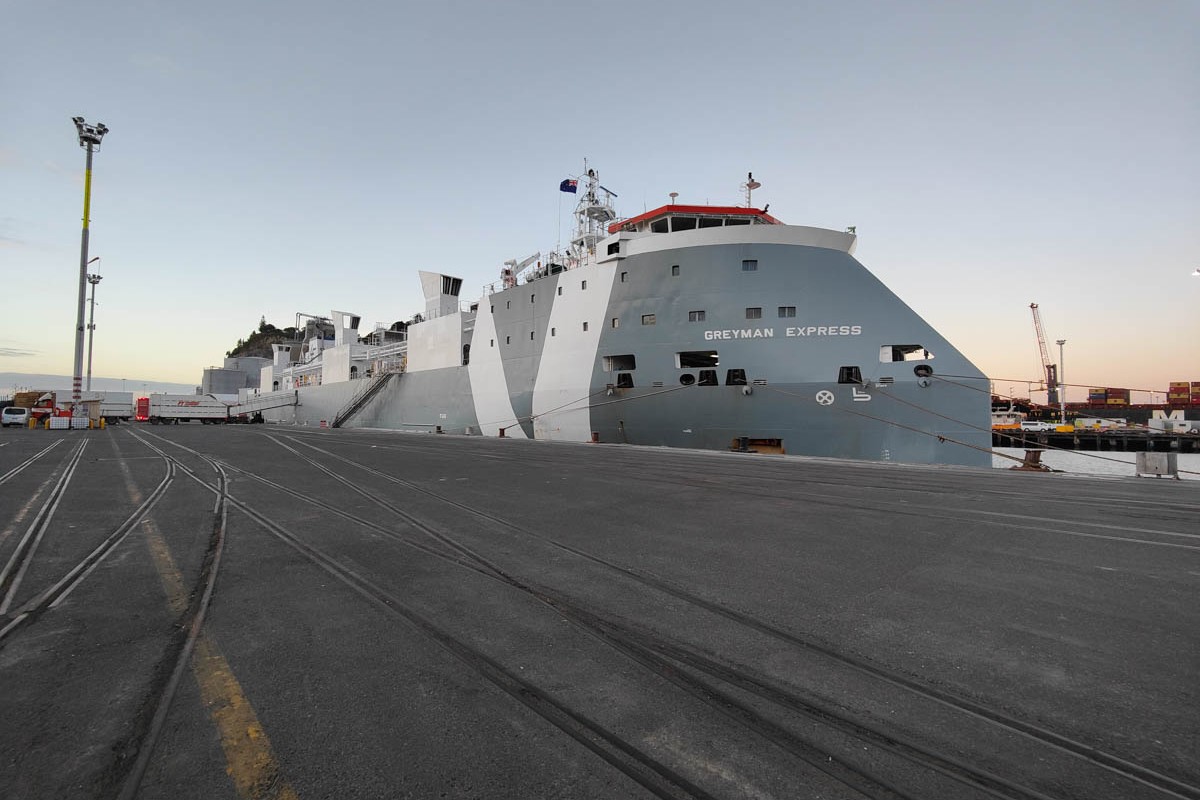Measurement inaccurate
Global leaders are soon to continue negotiations around tackling climate change and Beef + Lamb New Zealand is pushing hard for the adoption of more appropriate metrics to measure greenhouse gas emissions.

Global leaders are soon to continue negotiations around tackling climate change and Beef + Lamb New Zealand is pushing hard for the adoption of more appropriate metrics to measure greenhouse gas emissions.
The Conference of Parties (COP) to the United Nations Framework Convention on Climate Change (UNFCCC) will gather in Glasgow to discuss how countries are planning to tackle this global issue. This will be the 26th time they have met-hence the name COP26.
The Ministry of Foreign Affairs and Trade recently sought feedback on its negotiating mandate from domestic stakeholders and B+LNZ, alongside Federated Farmers and DairyNZ, provided feedback on their mandate. This included a call for the use of GWP as a more accurate metric for measuring emissions, particularly for short- lived gases such as methane.
B+LNZ Chairman Andrew Morrison says the way of measuring greenhouse gas emissions is global warming potential (GWP100), which compares the warming potential of emissions over a 100-year period.
This measurement is inaccurate for methane, he says, as was highlighted in the recent IPCC 6th report which stated that GWP100 overstates the effect of constant methane emissions on global surface temperature by a factor of three to four over a 20-year horizon. It understates the effect of new (or increasing) methane emissions by a factor of four to five over a 20-year horizon.
Morrison says the Paris Agreement’s primary target is to try to restrict the increase in global temperature to “well
below” 2C and to try to limit it to 1.5C.
“It is therefore appropriate that the metrics used accurately measure the warming impact of the various gases.”
Included in the Paris Agreement is a recognition of the need to safeguard food security and end hunger as a fundamental priority.
“More appropriate metrics have to be used otherwise agriculture will shoulder a larger burden of addressing climate change than other sectors, because using GWP100 overstates the impact of methane on warming if it is reducing.”





